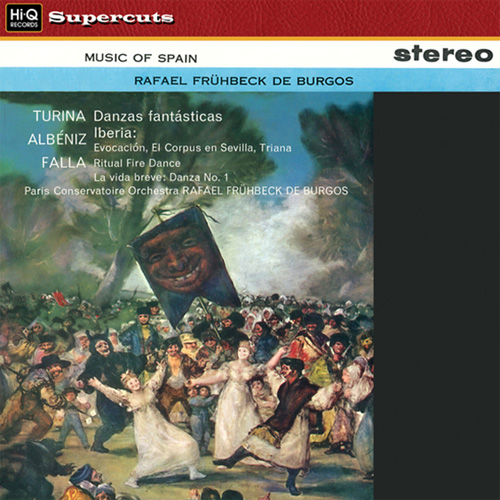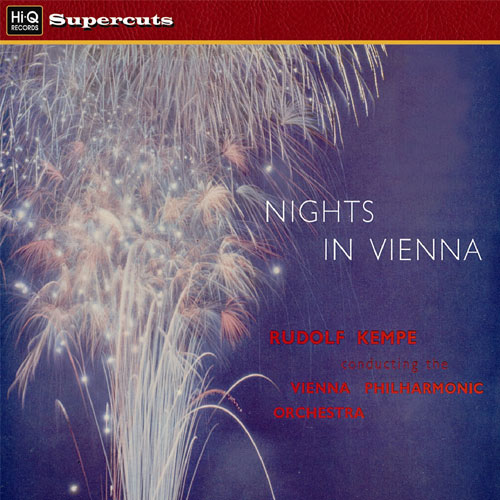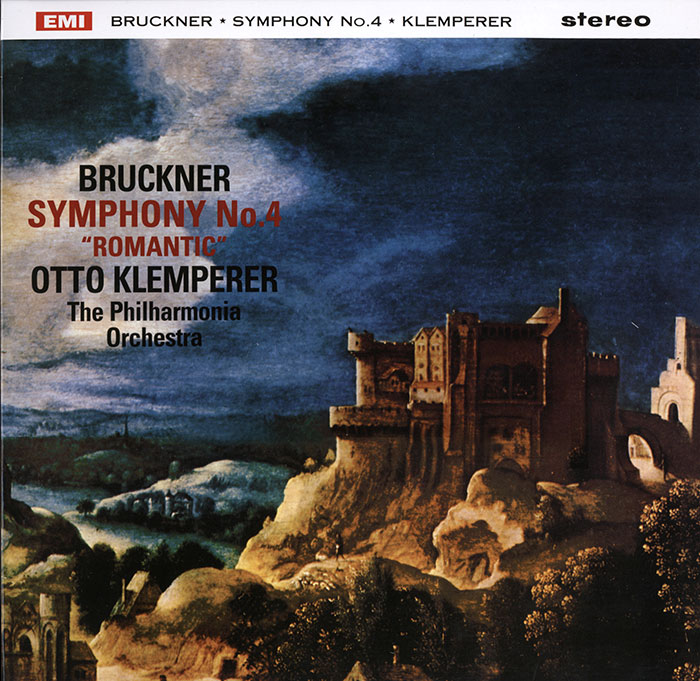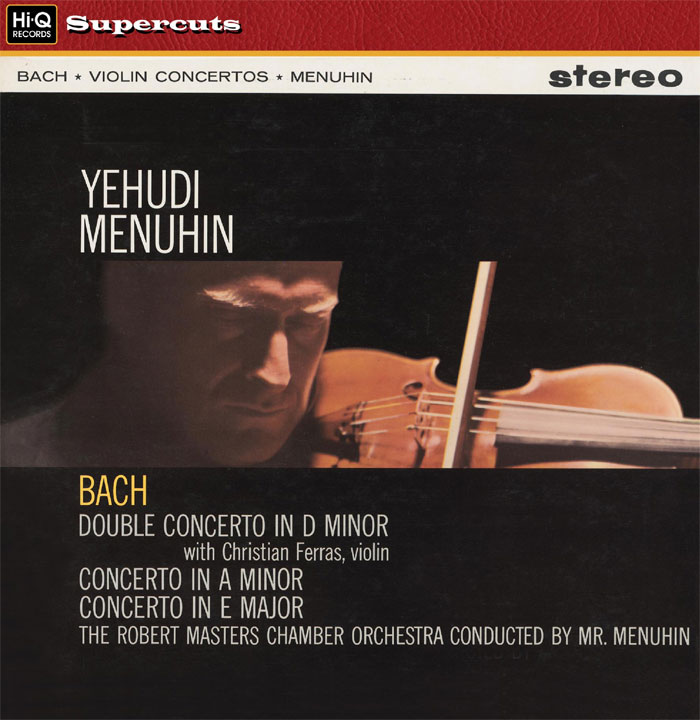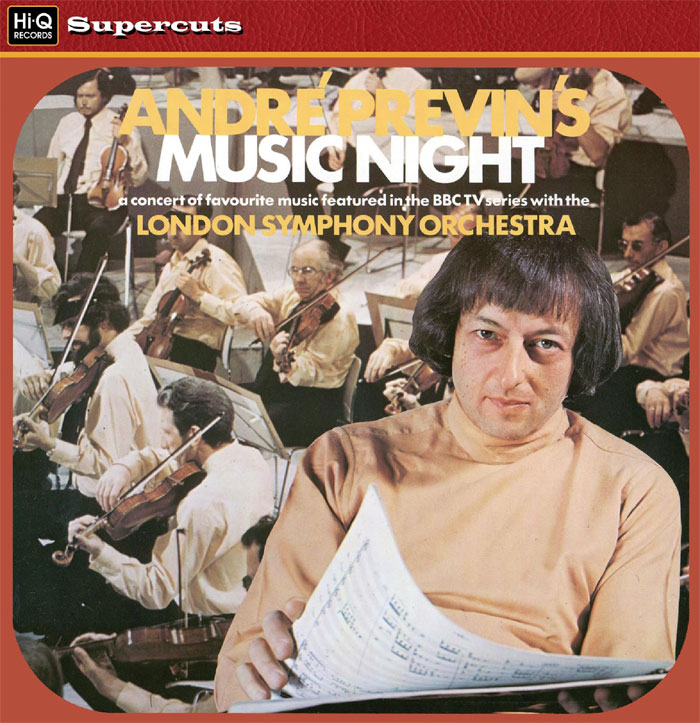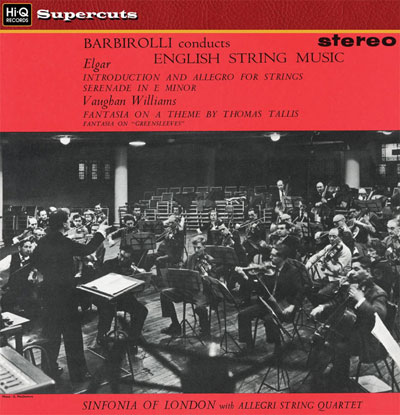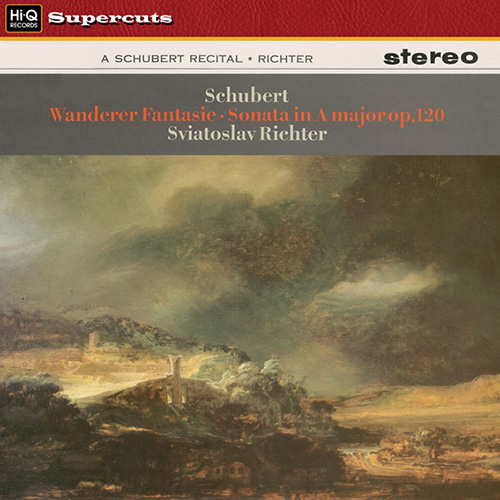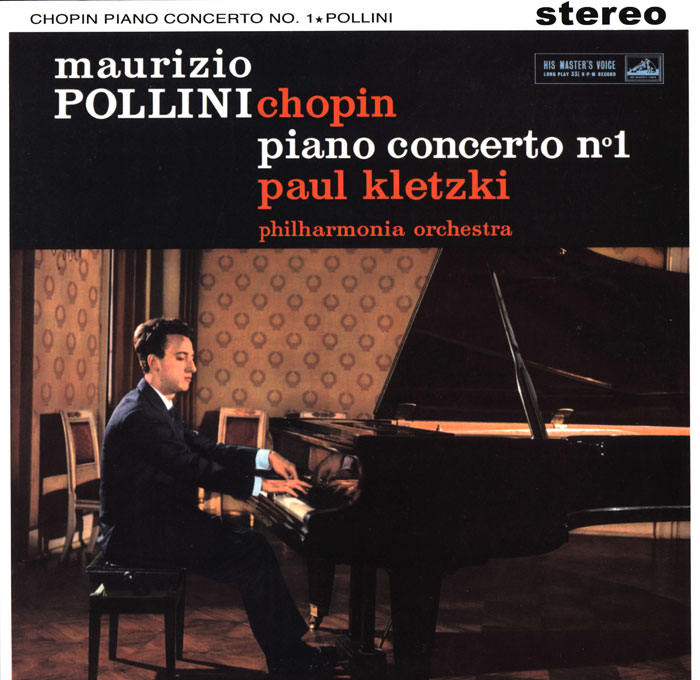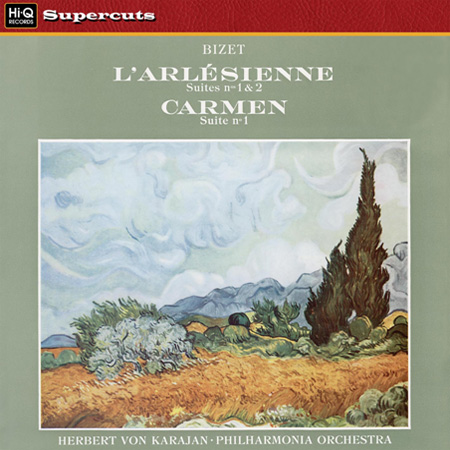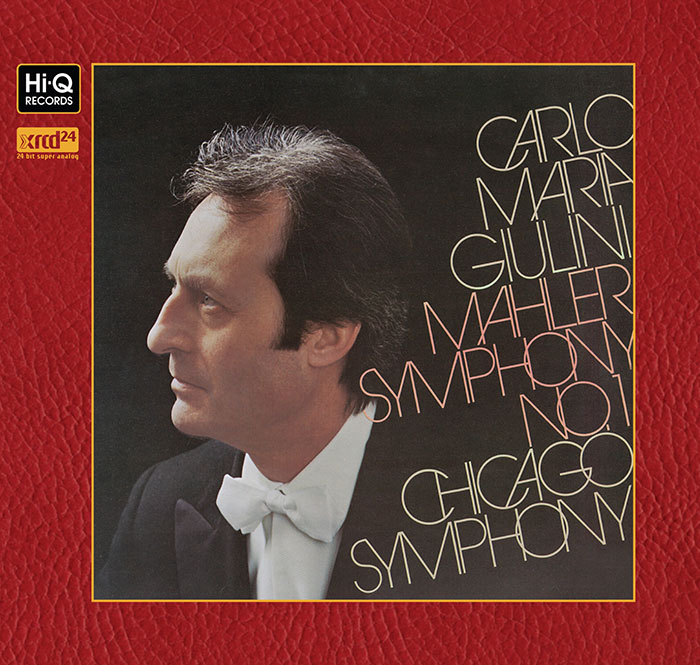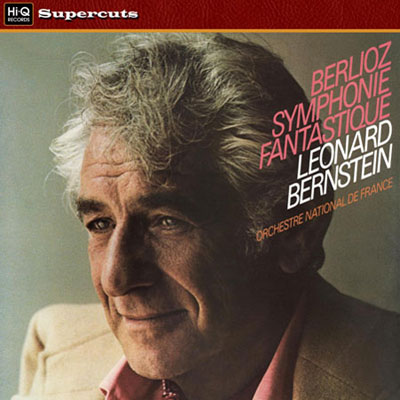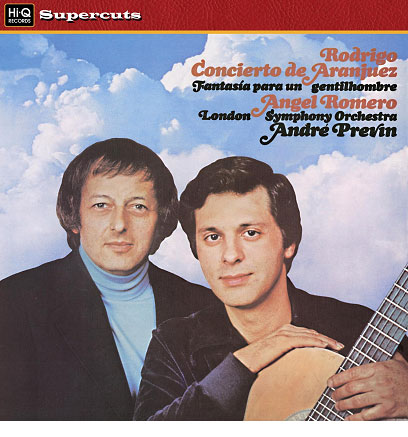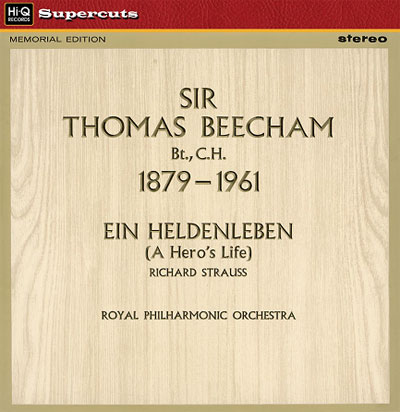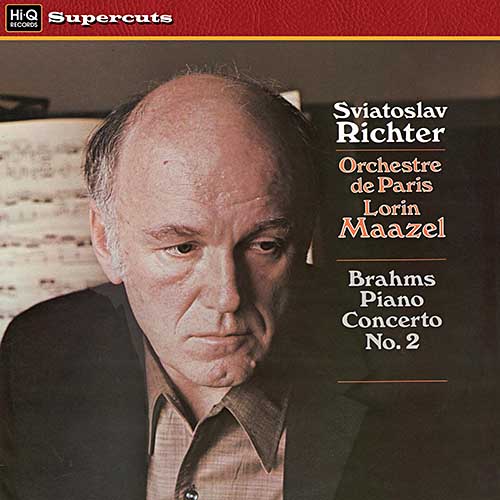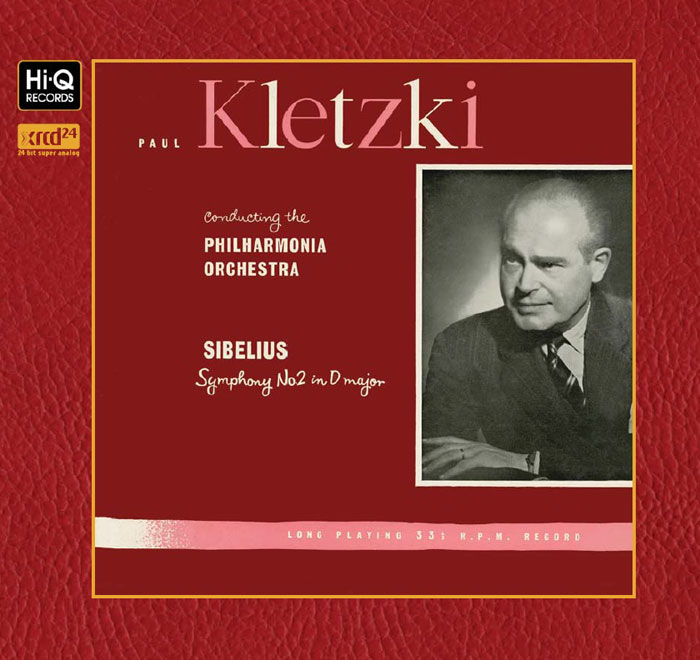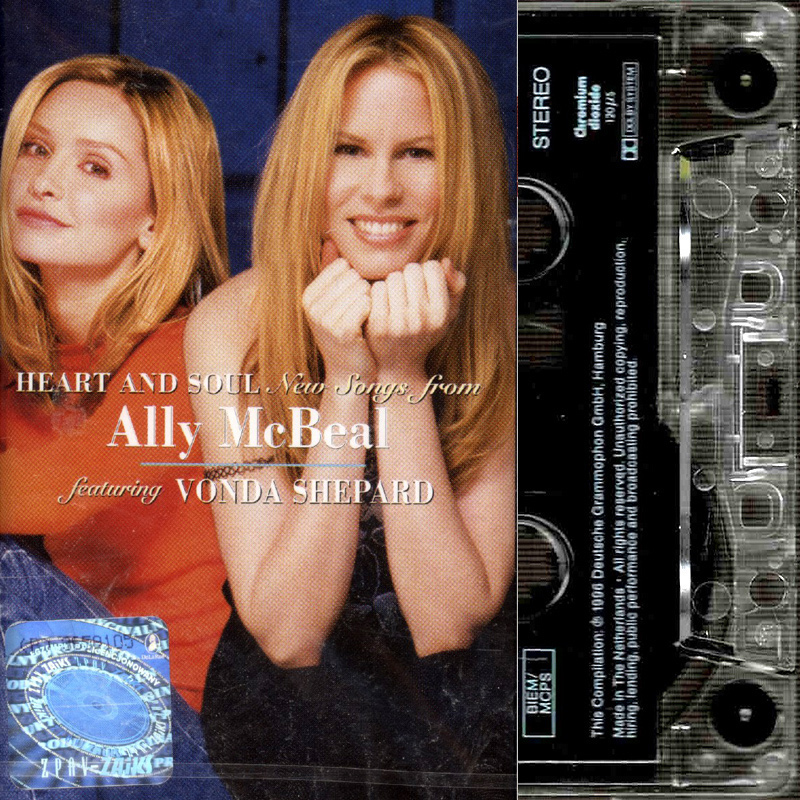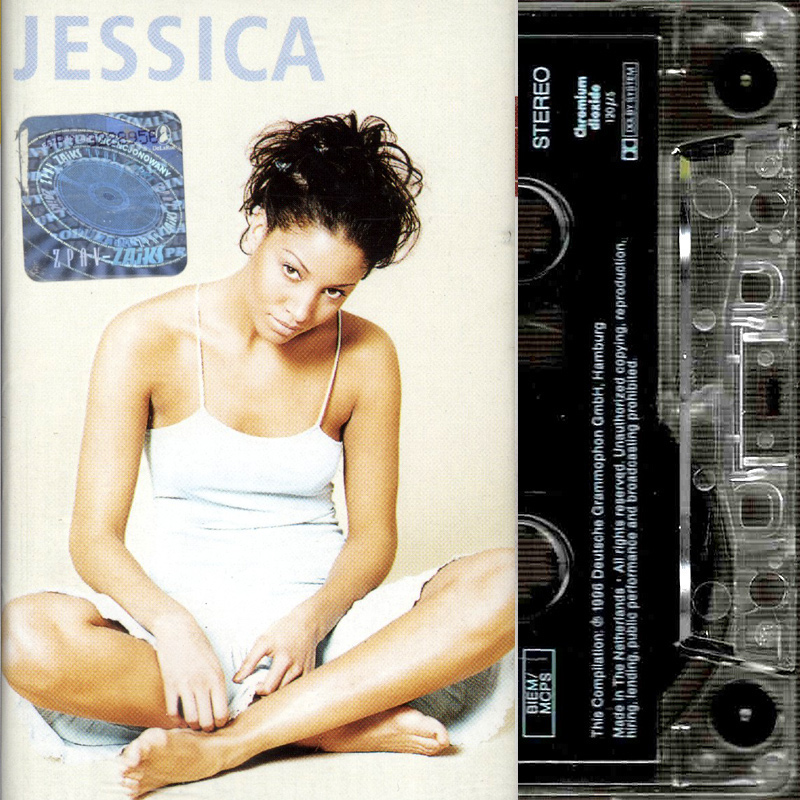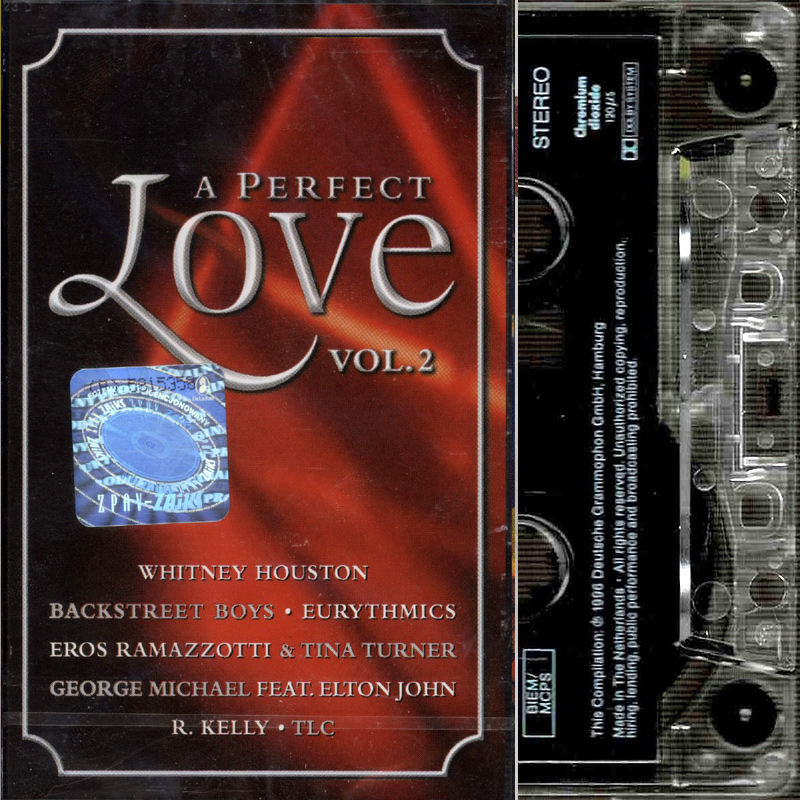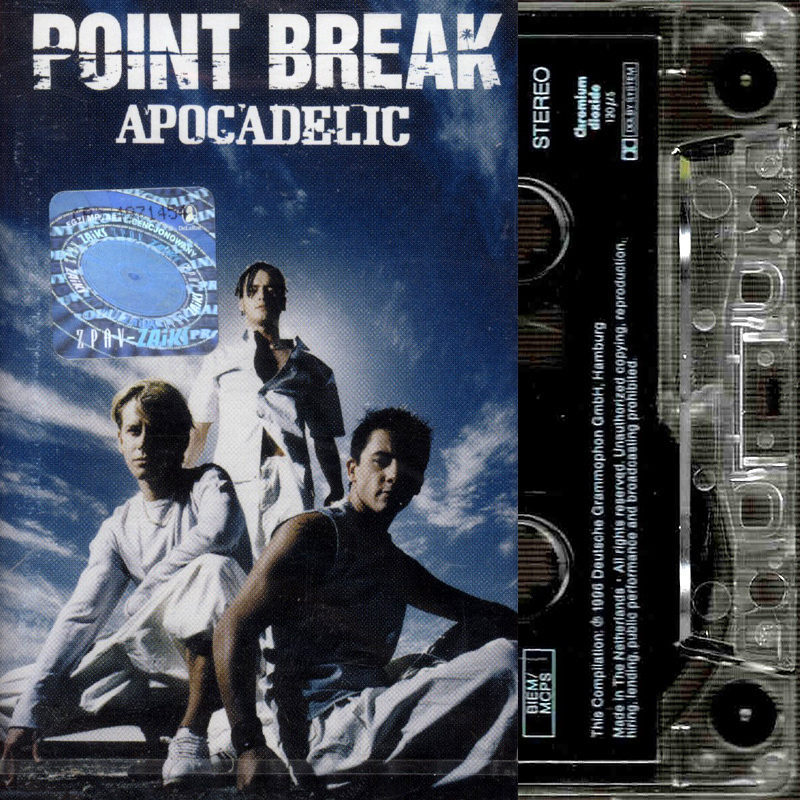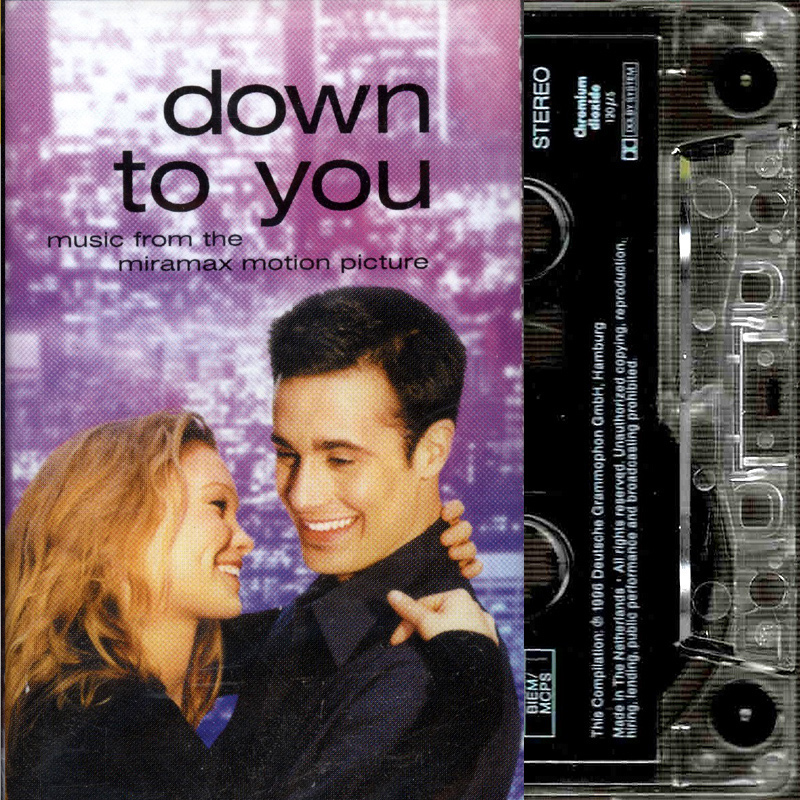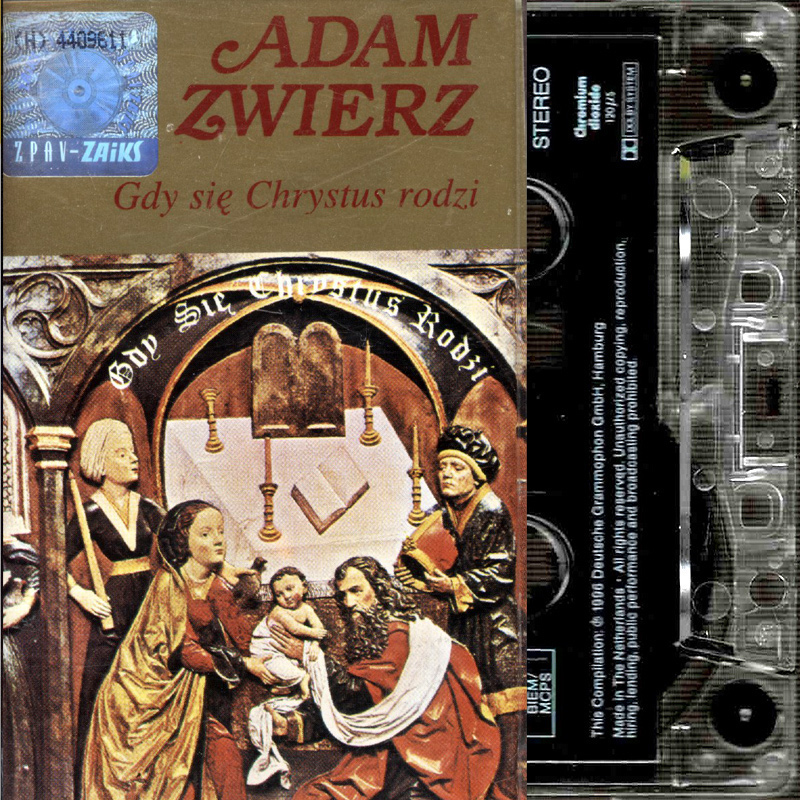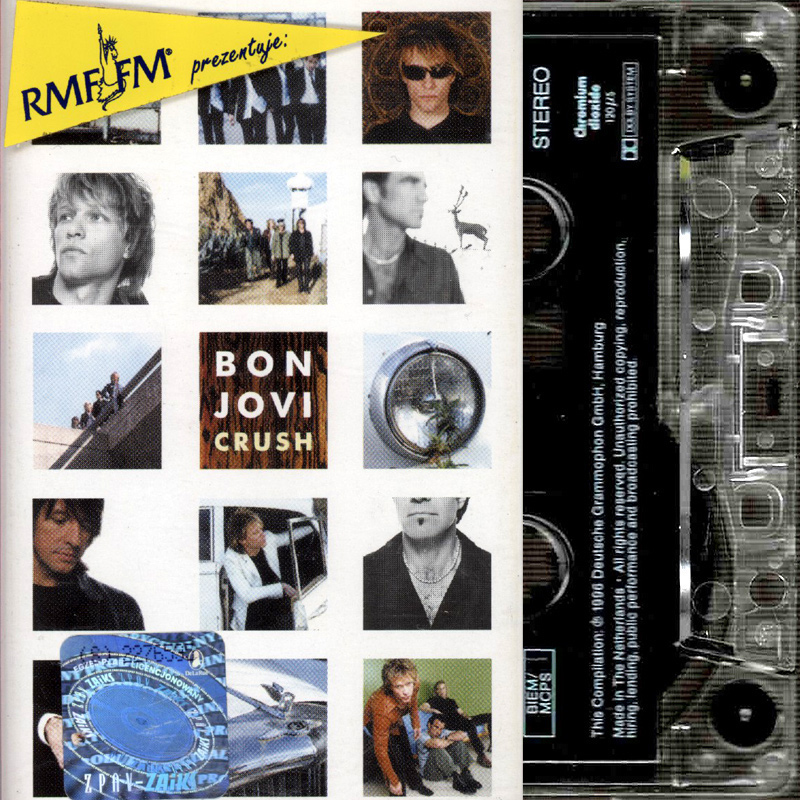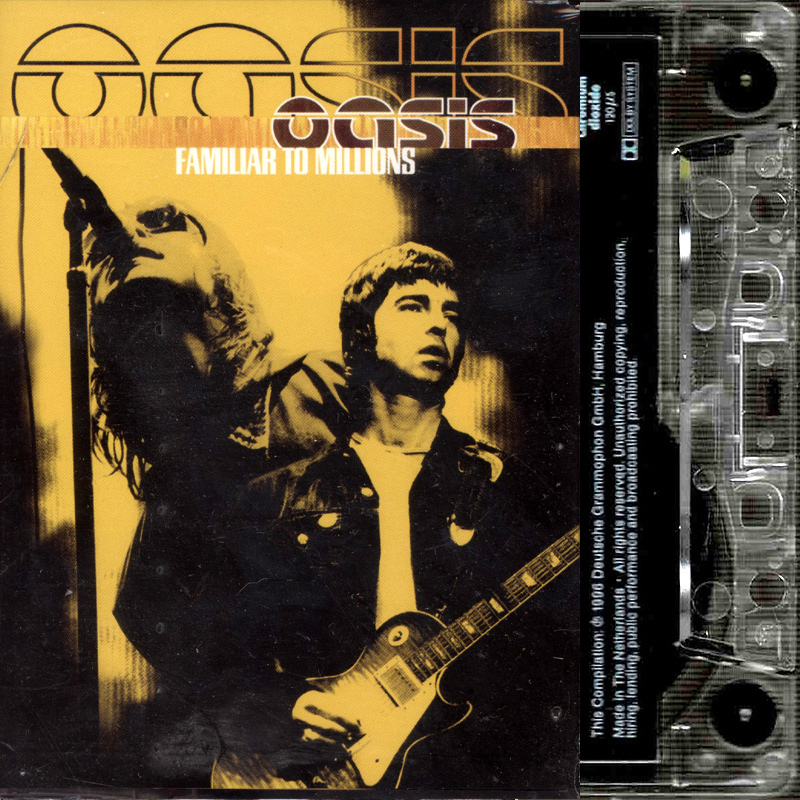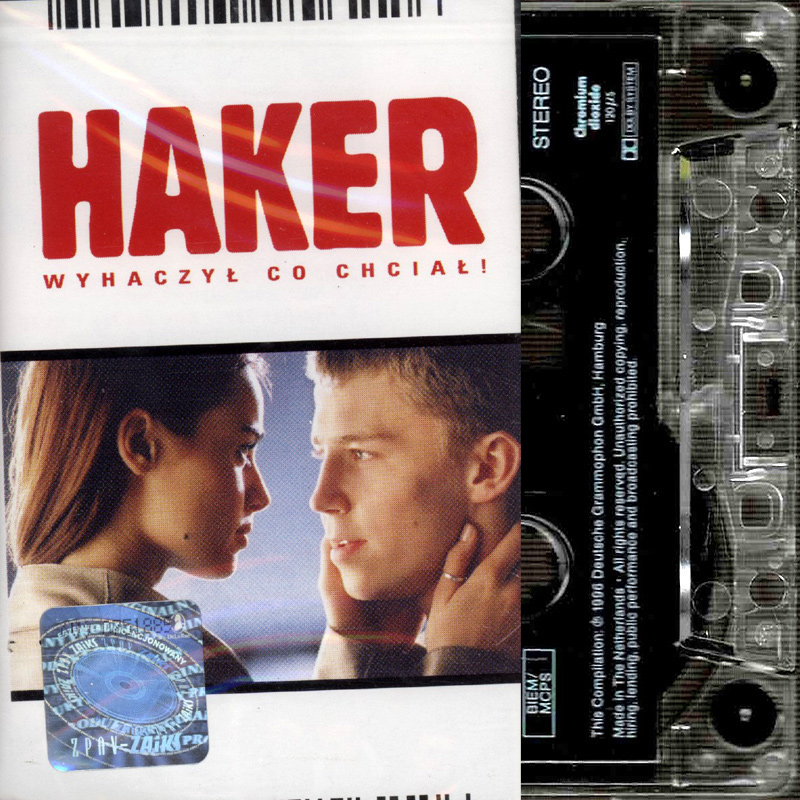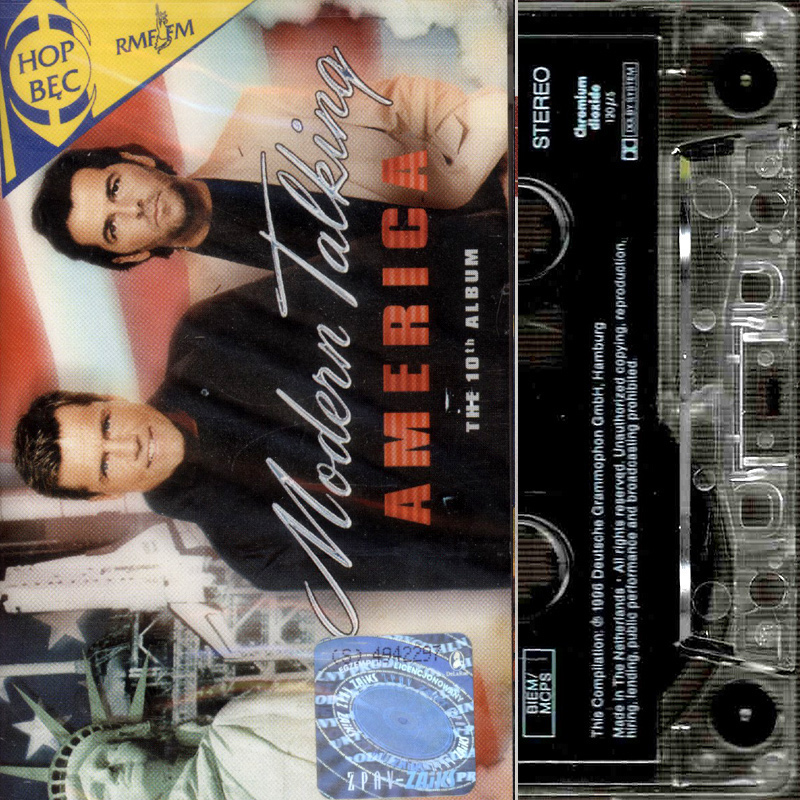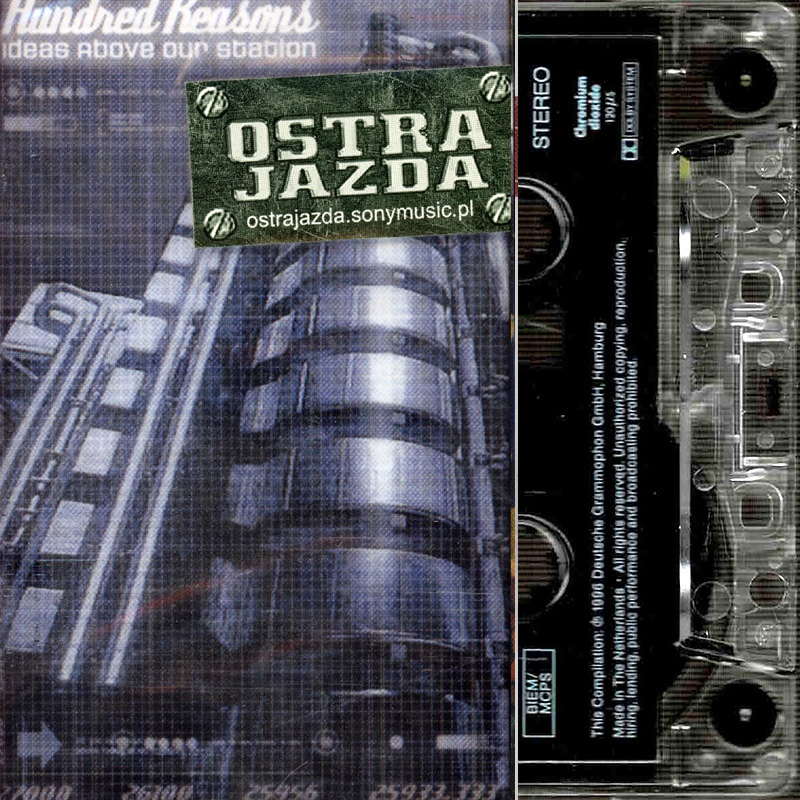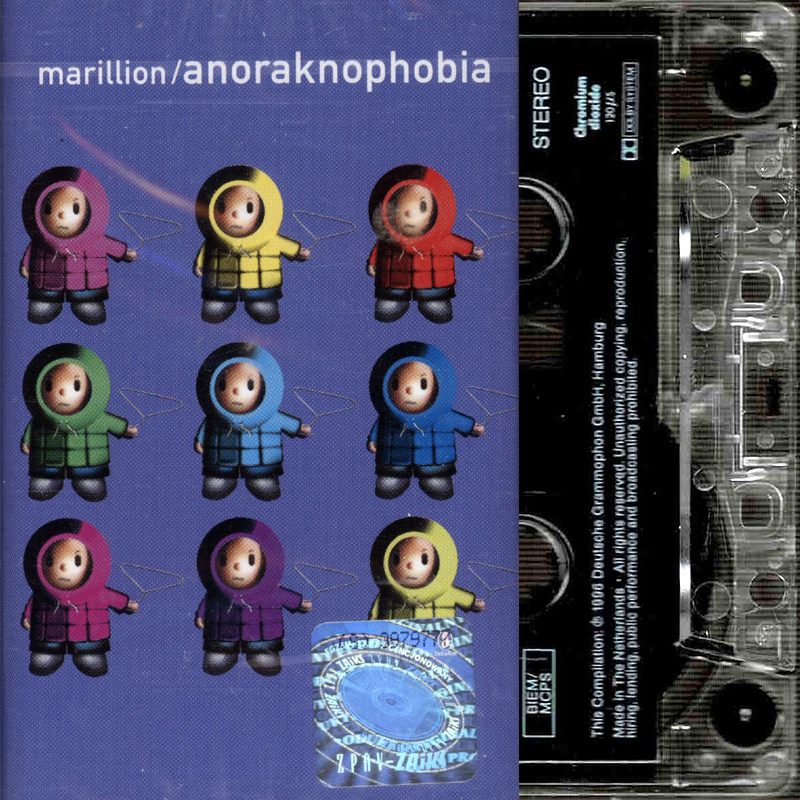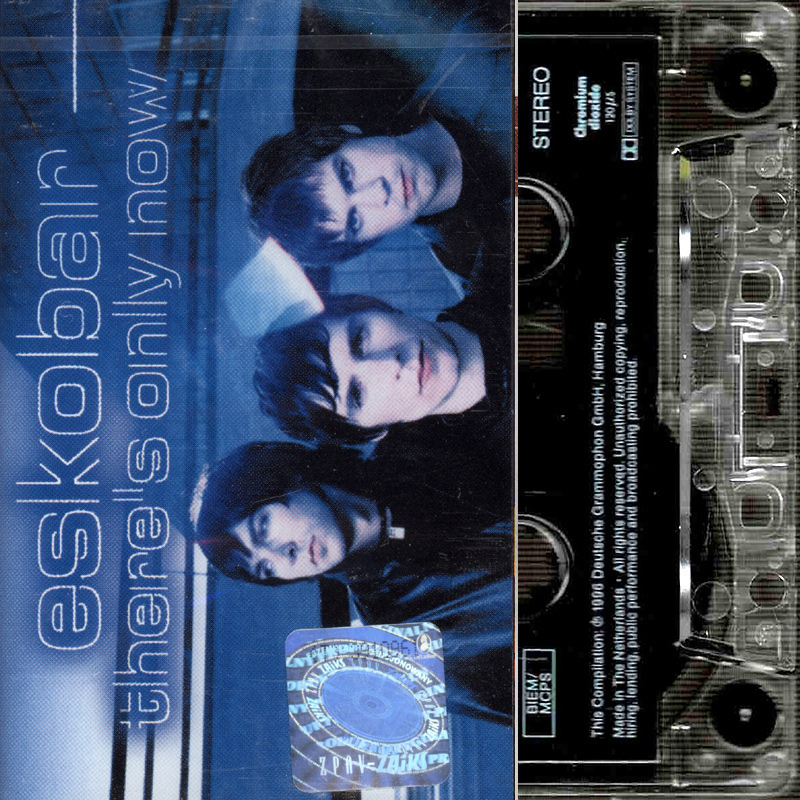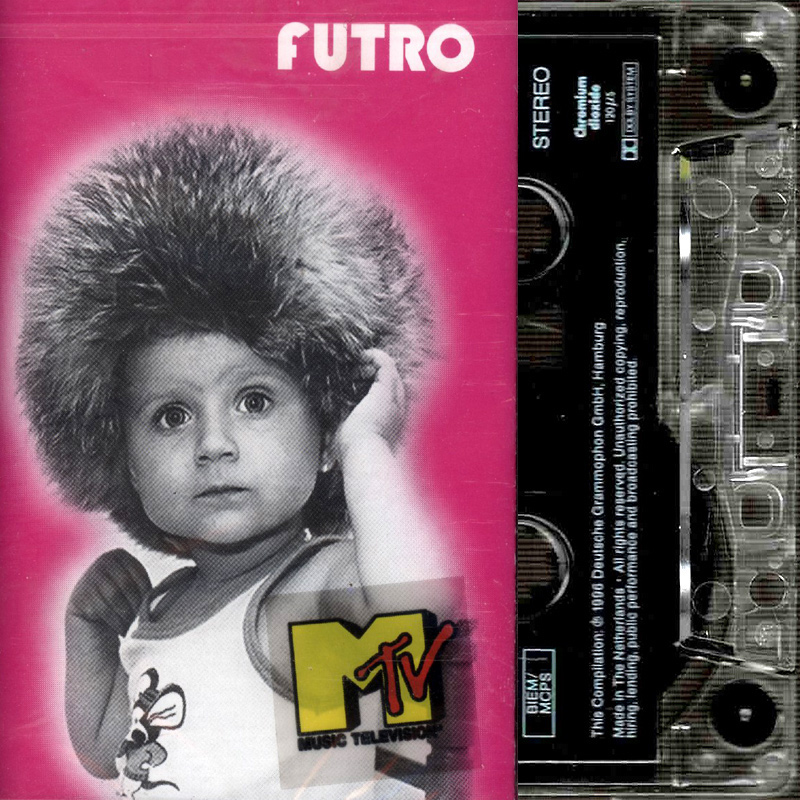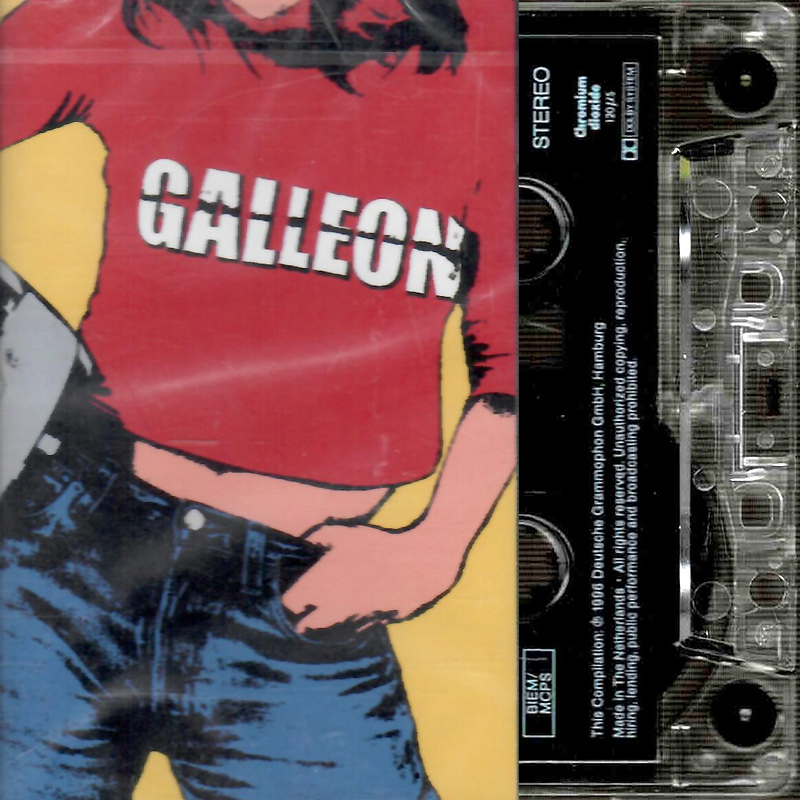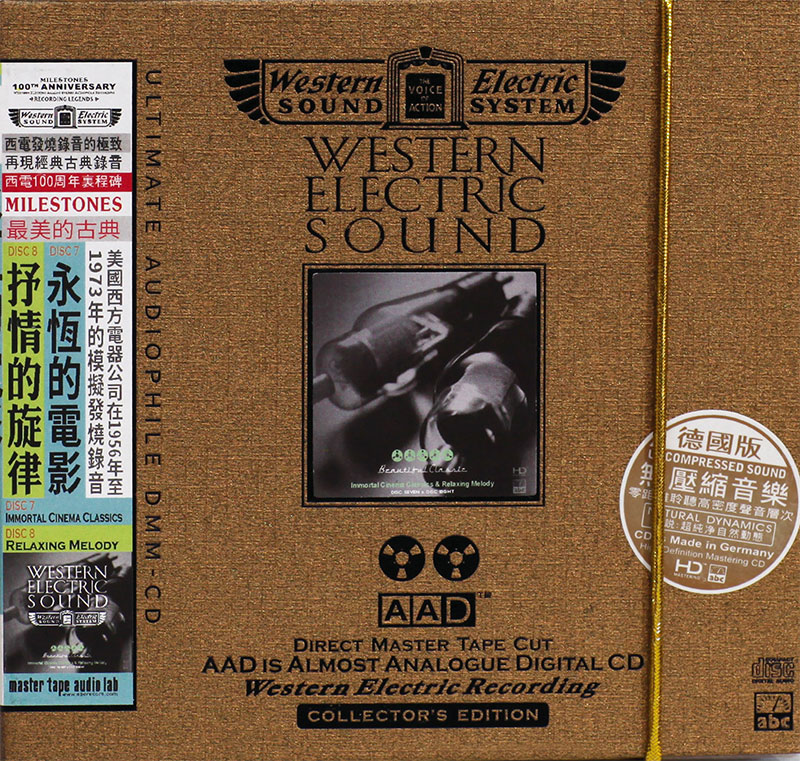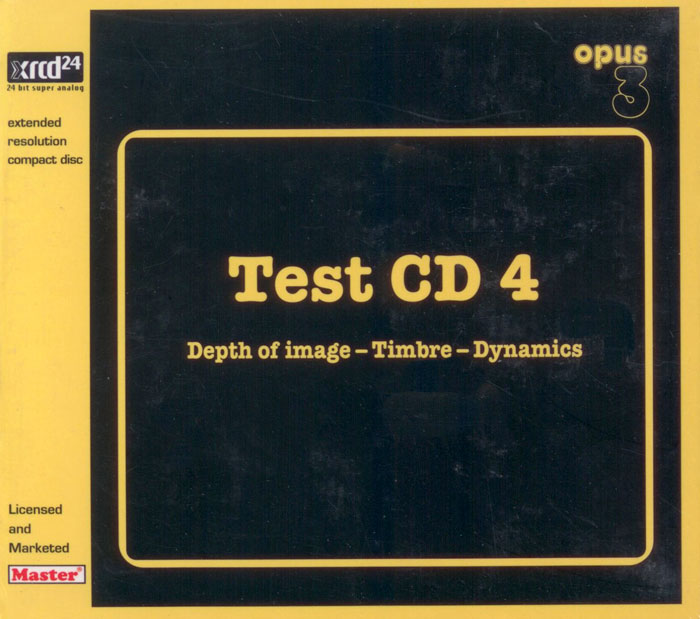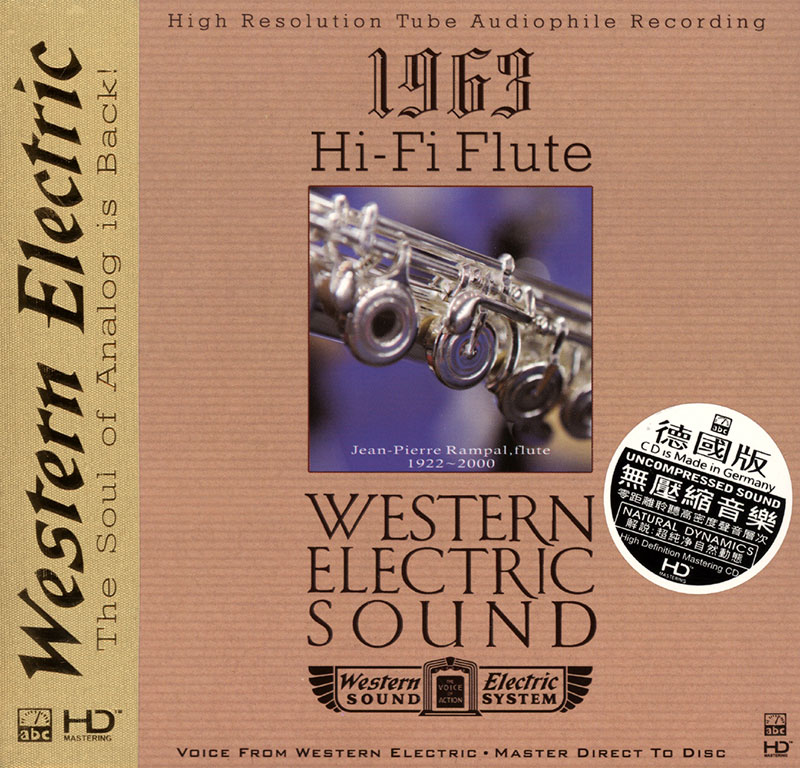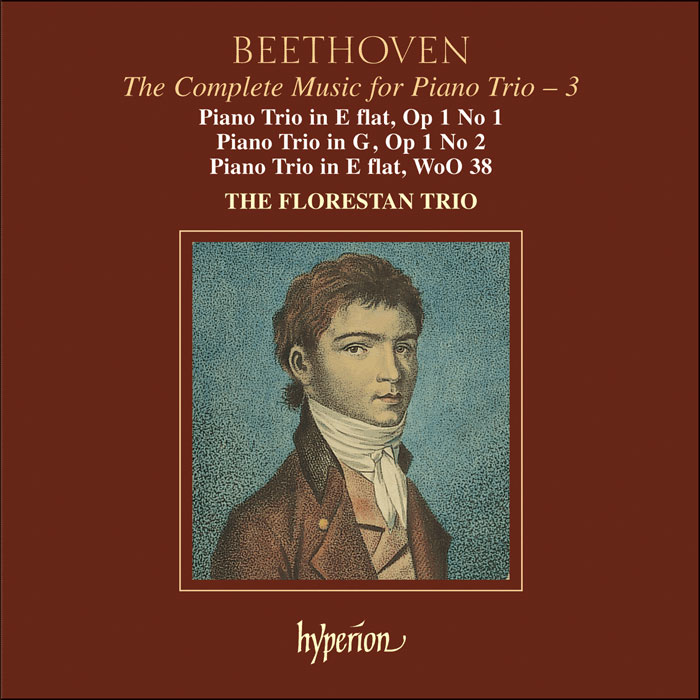Logowanie
ABSOLUTNIE OSTATNIE!!!!!
TURINA, ALBENIZ, DE FALLA, Rafael Fruhbeck de Burgos, Paris Conservatoire Orchestra
Music of Spain
Winyl HiQuality Supercuts z legendarnych rejestracji studia Abbey Road
SUPPE, LEHAR, STRAUSS, Johann, Rudolf Kempe, Vienna Philharmonic
Nights in Vienna
Winyl HiQuality Supercuts z legendarnych rejestracji studia Abbey Road
RODRIGO, Angel Romero, Andre Previn, The London Symphony Orchestra
Concierto di Aranjuez / Fantasia para un Gentilhombre
Legendarne nagrania ze studia Abbey Road
Kasety magnetofonowe
WZORCOWE samplery
Eugene Ormandy, William Steinberg, Leonard Bernstein, WEBBER, John Williams, ARNOLD, The Cleveland Orchestra, Pittsburgh Symphony Orchestra
WE 100th Anniversary Milestones CD07/08
AAD is a Digital Copy Of The Master Tape
SAMPLER - OPUS 3
Depth of Image - TEST CD 4
Głębia - nieograniczona, wybrzmienie - niezmącone, dynamika - pozbawiona siły ciążenia
BIZET, MARAIS, GRIEG, FAURE, SCHUBERT, Jean-Pierre Rampal
Western Electric Sound - 1963 - Hi-Fi Flute
AAD is a Digital Copy Of
The Master Tape
BEETHOVEN, The Florestan Trio
The Complete Music for Piano Trio, Vol. 3
- Contents:
- 1. Piano Trio in E flat major Op 1 No 1 [28'12] Allegro [9'23]
- 2. Adagio cantabile [6'47]
- 3. Scherzo: Allegro assai Trio [4'39]
- 4. Presto [7'12]
- Piano Trio in G major Op 1 No 2 [29'42]
- 5. Adagio Allegro vivace [11'20]
- 6. Largo con espressione [8'04]
- 7. Scherzo: Allegro Trio [2'53]
- 8. Presto [7'16]
- Piano Trio in E flat major WoO38 [13'29]
- 9. Allegro moderato [4'04]
- 10. Scherzo: Allegro ma non troppo Trio [4'33]
- 11. Rondo: Allegretto [4'50]
- The Florestan Trio - group
- BEETHOVEN
In early November 1792 the twenty-one-year-old Beethoven left his native Bonn for Vienna. His plan was to study composition with Haydn, by now an international celebrity, before conquering the city as a composer-performer. Soon after his arrival he became a house guest of Prince Karl Lichnowsky who held regular private soirées at which Beethoven would astonish the company with his brilliant keyboard improvisations; and it was at one of these soirées that he chose to introduce his first important Viennese compositions, the set of three piano trios which he published by subscription in August 1795. Haydn, recently returned from his second triumphant London visit, was present at the soirée, and warmly praised the E flat and G major trios which are presented on this new disc by the ever-flourishing Florestan Trio. Beethoven was determined to create a stir in the world with his Opus 1, and seems to have laboured long on the trios, revising them extensively before publication. He had first ventured a piano trio in 1791, and it was no accident that he chose the medium to announce himself to the wider musical world. The combination of violin, cello and piano was a favourite with amateurs, promising healthy sales, and it assured Beethoven a star role on his own instrument. Op 1 was enthusiastically received, and made the composer a handsome profit. Each of the trios is in four movements rather than the two or three expected in chamber music with piano: these are not elevated divertissements, but symphonies for three instruments. The third of the Op 1 trios will appear on the fourth, and final, volume of the series, scheduled for release later in 2004. 'This is the third volume of the Florestans' four-CD set of the complete piano trios; like its predecessors, it's a winner. ...The first two trios, recorded here, are among the young composer's most engaging, entertaining and genial works, and they get performances of characteristic swagger, brio and wit from this elite ensemble, perhaps the finest contemporary exponents of this repertoire performing on modern instruments today. Sample the irresistable elan of the allegro first movements and dazzling presto finales, and be won over.' (The Sunday Times) 'The Florestan Trio seems determined to extract every last ounce of energy, wit and spirit from these early works ... The principal vehicle for conveying the music's brightness is Susan Tomes's finger-work, wonderfully precise and rhythmical' (Gramophone) 'Susan Tomes's dancing, crystalline passagework is a constant delight; instrumental repartee is delectably crisp and pointed; and the players are acutely alive to the sudden moments of stillness and harmonic darkening' (BBC Music Magazine) 'The Florestan Trio's performance is vivid and dynamic' (Classic FM Magazine)
